Web 3.0 is the third generation of the World Wide Web, and it promises to be the most transformative yet.
With its emphasis on decentralization, artificial intelligence, machine learning, and big data, Web 3.0 can revolutionize how we depend on technology and significantly impact the Nordic economy.
Ulrich Slothuus, Account Executive at Redis and Web 3.0 Advisor, believes that “Nordic economies can benefit from Web 3.0 since they are one of the world’s most digitalized economies, but this can only happen provided there are robust execution plans for the same.” Let’s understand how exactly will Web 3.0 influence the Nordic economy for the better.
Facilitating Trustless Transactions
Web 3.0 promises to make transactions seamless, efficient, and secure. “The aspect of instant availability of data would potentially cut costs for Nordic businesses and consumers, besides reducing fraudulent activities,” contends Slothuus.
“Web 3.0 will be more about communities; it will be about people getting together”
Ulrich Slothuus
Account Executive, Redis

Trustlessness is an essential aspect of blockchain technology. Since Web 3.0 is leveraged on blockchain technology, it will allow trustless transactions to feasibly take place between two parties without a trusted third-party, bank, person, or intermediary. This was not the case with Web 2.0 since you would have to be sure that whoever owned the medium you were employing to transact was not manipulating your communications. A Web 3.0 trustless transaction is as simple as sending Bitcoin directly to another person- not through a wallet or online exchange stored on a centralized server. The blockchain algorithm controls the entire process of initiating and making a transaction, and there is minimal chance of anyone stepping in to disrupt it.
Offering Entrepreneurial Opportunities
Web 3.0 brings decentralized data, unlike Web 2.0, which primarily stores data in centralized locations. This aspect of Web 3.0 could lead to newer opportunities for entrepreneurship and innovation for the Nordics. Since data will no longer be centrally controlled, anyone will be able to create services and applications that tap into this wealth of information. They will learn new business ways, including peer-to-peer marketplaces and micro-payments for digital goods and services.
Recommended for you: Join the greatest gatering of Nordic Fintechs at Nordic Fintech Week 2022.
Also, Nordic businesses will be able to use data from individuals’ devices to improve their products and services and tailor the service experiences as per user needs since “you will be in control of your data and who you want to sell your data to, that’s going change the economy as well” says Slothuus.
Creating a Circular Economy
In particular, the biggest benefactor of the Web 3.0 business model is slated to be the creator economy. For instance, in the existing version of the internet, content creators are often faced with limitations and restrictions on their platforms to share their content. This births several problems such as content demonetization, content censorship, and even the creator’s de-platforming.
Like Instagram owns the photos you posted, you might have captured them to post, but now ownership lies with Instagram. At the same time, consumers come to be monetized for their data, even though they are the driving force behind these social platforms and the primary reason content creators exist.
With Web 3.0, this dilemma comes to be duly addressed since it grants content creators complete control over their content. Slothuus adds that “with the onset of Web 3.0, social platforms will not completely disappear; they will have their play in it. But it needs to be understood that your data will be exclusively your data, reaping you greater monetary benefits.”
By tapping into the power of blockchain and cryptocurrencies, Web 3.0 will allow creators to enjoy numerous monetization opportunities while simultaneously rewarding consumers for their patronage and participation. This births a circular economy that is free from all types of restraints.
Recommended for you: Get your copy of the Nordic Fintech Magazine Spring Edition 2022
Promoting Democracy
“Web 3.0 will be more about communities; it will be about people getting together,” contends Slothuus. It will enable fractional ownership of assets and experiences, leading to a more efficient allocation of resources and a more equitable distribution of wealth. It is also expected to boost global democracy and promote more transparency and less corruption. With Web 3.0, people will have more opportunities to connect and share information and views. They will be socially responsible and increasingly tolerant of different religions, cultures, sexual orientations, and lifestyles.
The Road Ahead
In 2022 we are at the crossroads of another significant transformation of interaction with the World Wide Web. The Metaverses and VR worlds emerging today are only the tips of the iceberg. With greater autonomy provided to the consumer on their data in today’s dominant world of Big Tech, Web 3.0 is a beacon of hope for what may lie ahead.



